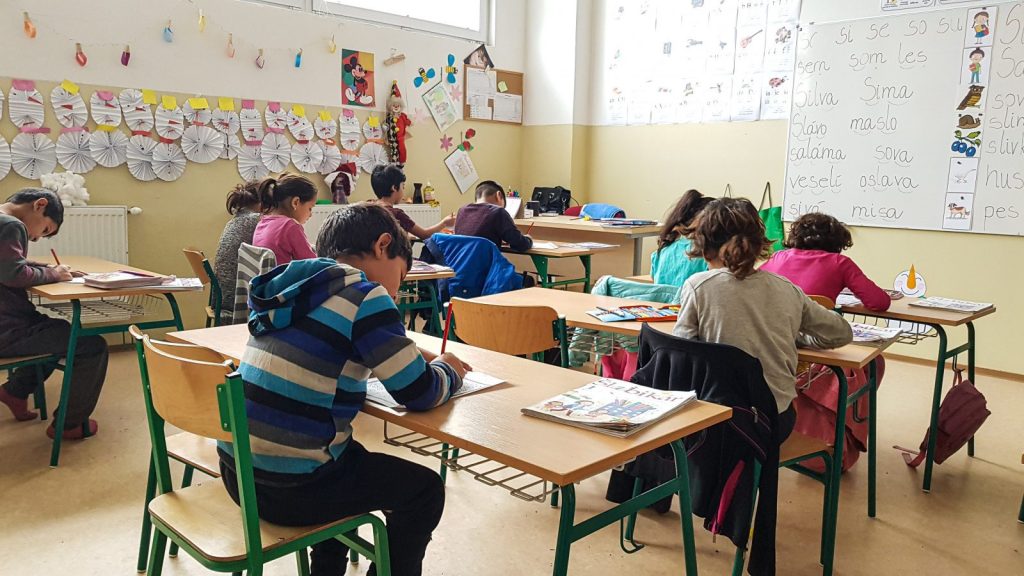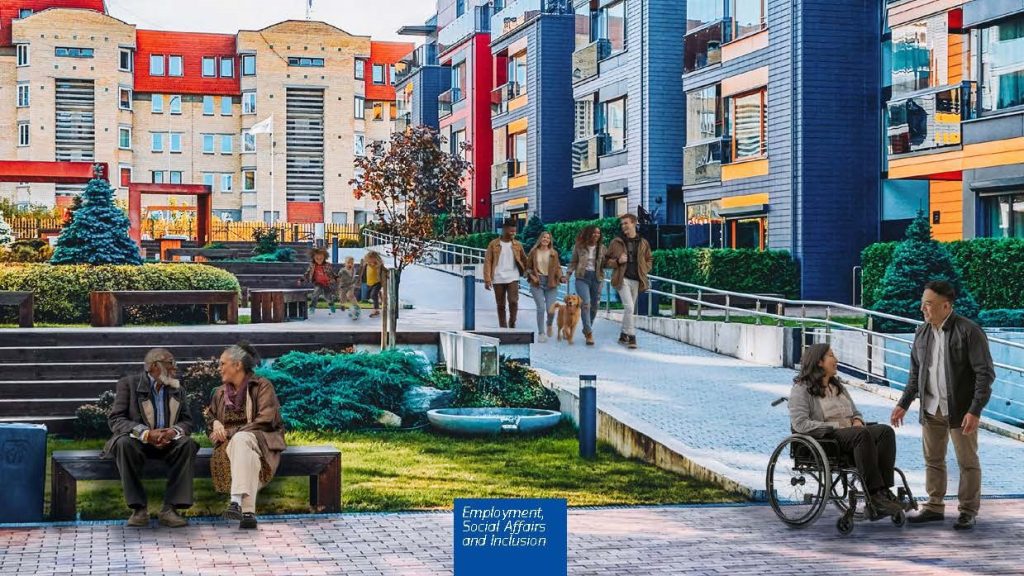Persons with Disabilities face barriers and discrimination in their participation in society every day. The UN CRPD is the United Nations Convention on the Rights of Persons with Disabilities, an international human rights treaty reinforcing and applying their rights since 2008. The role of the UN Special Rapporteur on the Rights of Persons with Disabilities, Gerard Quinn, is to monitor implementation of this convention. In his thought piece he talks about the meaning of the UN CRPD in relation to families.
The UN CRPD is woven of the same deep cloth that animates all the other UN human rights treaties. It is the latest extended essay on what justice means and how our common humanity is expressed. And it implies some right relationship between the individual and the collective – whether the State or other actors in civil society.
Two images of the person are equally detectable in the UN CRPD – as well as in most other human rights treaties. At one end of the spectrum is the atomized, hermetically sealed and unencumbered self. At one level, the CRPD is a libertarian tract – elevating individual liberty to its highest form. Hence the passions surrounding Article 12 (the right to human agency, the right to choose for oneself). We all relate to this and especially persons with disabilities whose right to make their own decisions was routinely taken away in the past.
On the other hand, the UN CRPD brings to the surface another dimension to the human condition – the extent to which we are all a function of the quality and depth of our social embeddedness. The ‘social self’ is just as evident on the surface of the CRPD as is the atomistic self. That is why there is such an emphasis on inclusion and participation throughout the convention – active citizenship. So much so that the UN CRPD Committee calls its conception of equality ‘inclusive equality.’ You don’t have to be a philosopher to grasp the notion of ‘shared personhood’ that also animates the CRPD. Both the libertarian and the social conception of the self are present in the CRPD.
Why do I say this? I do so in order to make the obvious point that the most intimate site for our ‘shared personhood’ – the family – matters. Looked at this through a libertarian lens, Article 23 of the CRPD affords individual rights of access to and participation in the family. And that’s critically important especially for those left out in the past. But looked at through the lens of the ‘social self’ a wider array of reckonable issues arise. Quite obviously, the quality of family life matters for all. The presence or absence of real family supports matters for all. The default in most States – reliance on informal carers – has repercussions for all. The ripple effect of discrimination against family members – especially carers who tend to be women – matters to all. The ‘feminisation of poverty’ whereby informal carers are left largely unsupported and at risk of extreme poverty and mental health problems in old age matters to all.
It’s probably time to widen our lens to take due account of the valuable eco-system the family provides and to tend to it with equal passion and care. To me, this does not detract one iota from the rights of persons with disabilities. In the post-Covid world we cannot really ‘build back better’ without re-thinking our whole approach to family support. That means being serious about the ‘social self’ and the institutions and networks that give life to the ‘social self.’
___________________________________________________________________________________
**DISCLAIMER: All opinions in this article reflect the views of the author, not of COFACE Families Europe**
About the author:
Mr. Gerard Quinn was appointed the UN Special Rapporteur on the rights of persons with disabilities by the Human Rights Council at its 45th session, in October 2020. Mr. Quinn holds two research chairs at the Raoul Wallenberg Institute on Human Rights in the University of Lund (Sweden) and Leeds University (UK). A graduate of Harvard Law School, the King’s Inns (Dublin) and the National University of Ireland, he formerly held a chair at the National University of Ireland where he founded and directed the Centre on Disability Law & Policy. More here.





